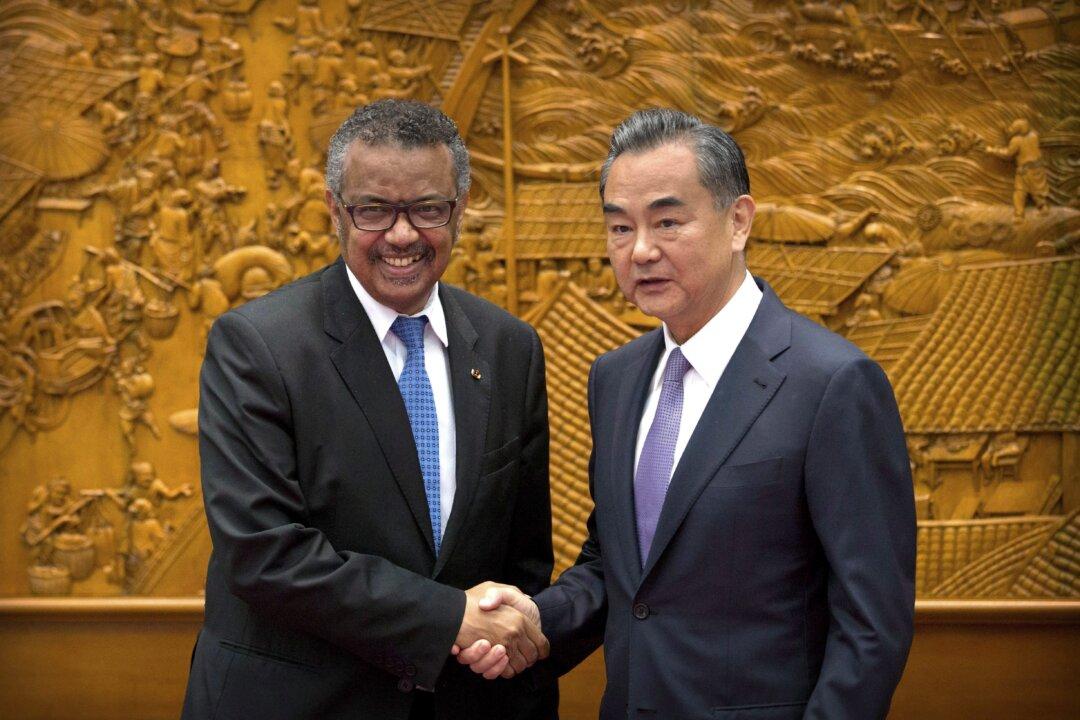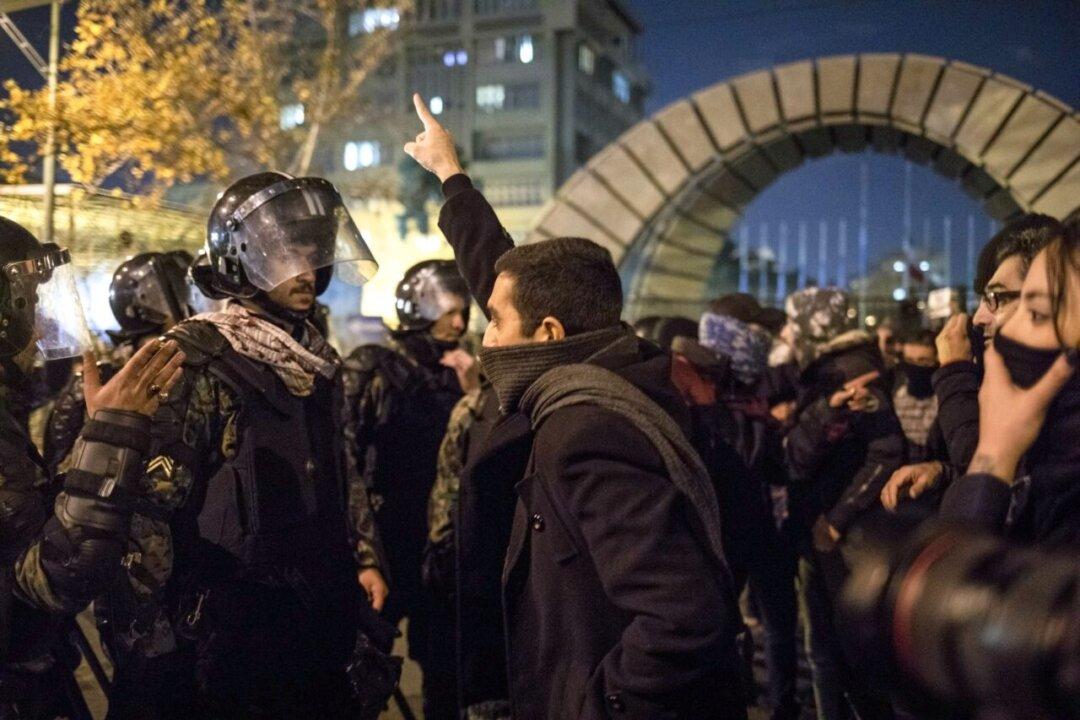As the United States withholds funding to the World Health Organization, experts are suggesting Canada engage in a review of the U.N. agency’s handling of the COVID-19 outbreak along with other member states, with one saying Ottawa should follow Washington’s lead.
J. Michael Cole, a Taipei-based senior fellow with the Macdonald-Laurier Institute in Ottawa and the Global Taiwan Institute in Washington, said there should be a thorough investigation to examine how the WHO handled the outbreak and its interactions with its member countries, particularly China.

